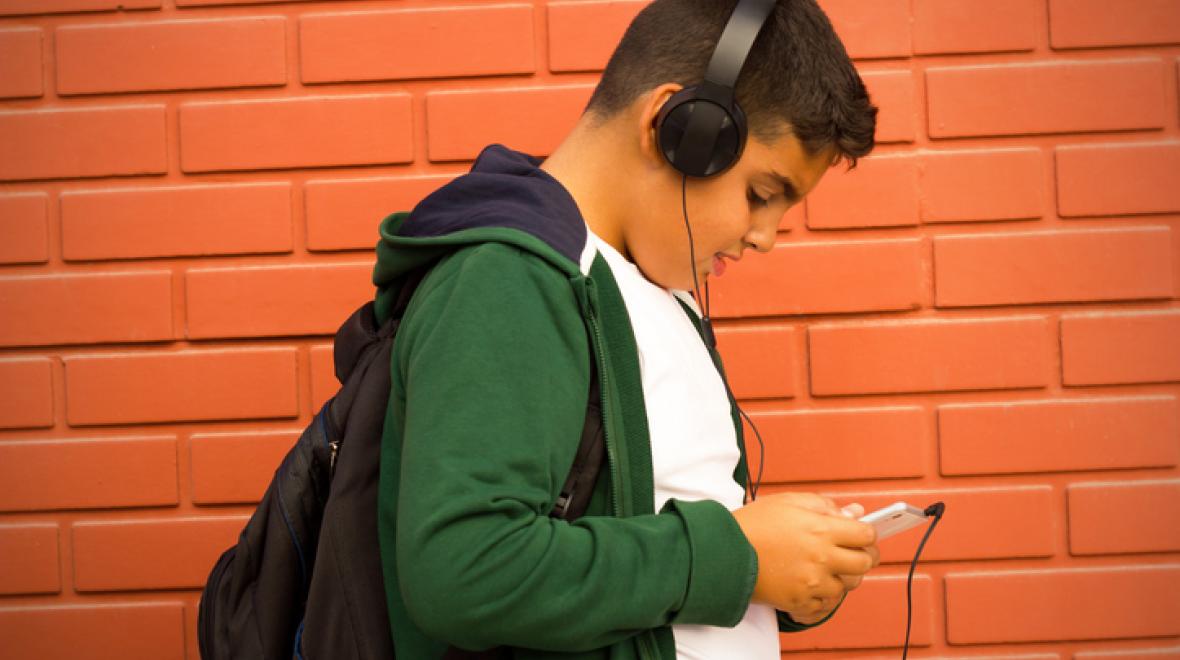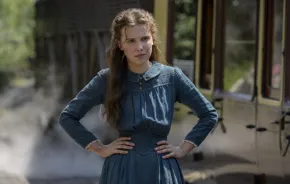
Many early artists in the genre are family-friendly
When I saw the trailer for Happy Feet, I was surprised to see one of the little penguins burst out into the chorus of Grandmaster Flash's classic "The Message" — "Don't push me 'cause I'm close to the edge..." I couldn’t imagine what a rap song like that was doing in a kids' movie. But after replaying the song in my head, I realized that, unlike most of the rap you hear on the radio today, there's nothing truly offensive in the song. And in fact, the lyrics are socially conscious, shedding light on the oppressive conditions faced by the black community in the South Bronx in the 1970s.
Despite rap's, um, bad rap, many early artists in the genre (and some performing today) are family-friendly — performing music that lacks swear words (for the most part) and the overt drug and sex references now associated with the genre. In fact, most rap music from before 1985 is pretty safe: it wasn’t until the rise of West Coast “gangsta” rap in the late 1980s that profanity, sex and drugs worked their way into the lyrics.
Grandmaster Flash’s song dates from 1982 and was one of the first rap songs with a socially conscious message (many before that were simply fun dance tracks). Socially conscious rap still exists, although little of it makes its way to the radio or television. Songs by artists like Mos Def, Talib Kweli, Common, and more recently, Kendrick Lamar, deal with problems in the African-American community and could spark conversations with teenagers about social and political issues.
Here are 10 of my favorite kid-safe hip-hop artists. As always, you should give albums a listen before sharing them with your young ones. Rap Genius is a good place to find lyrics: The site allows users to annotate them, which can be useful if you’re not up on your hip-hop slang.











